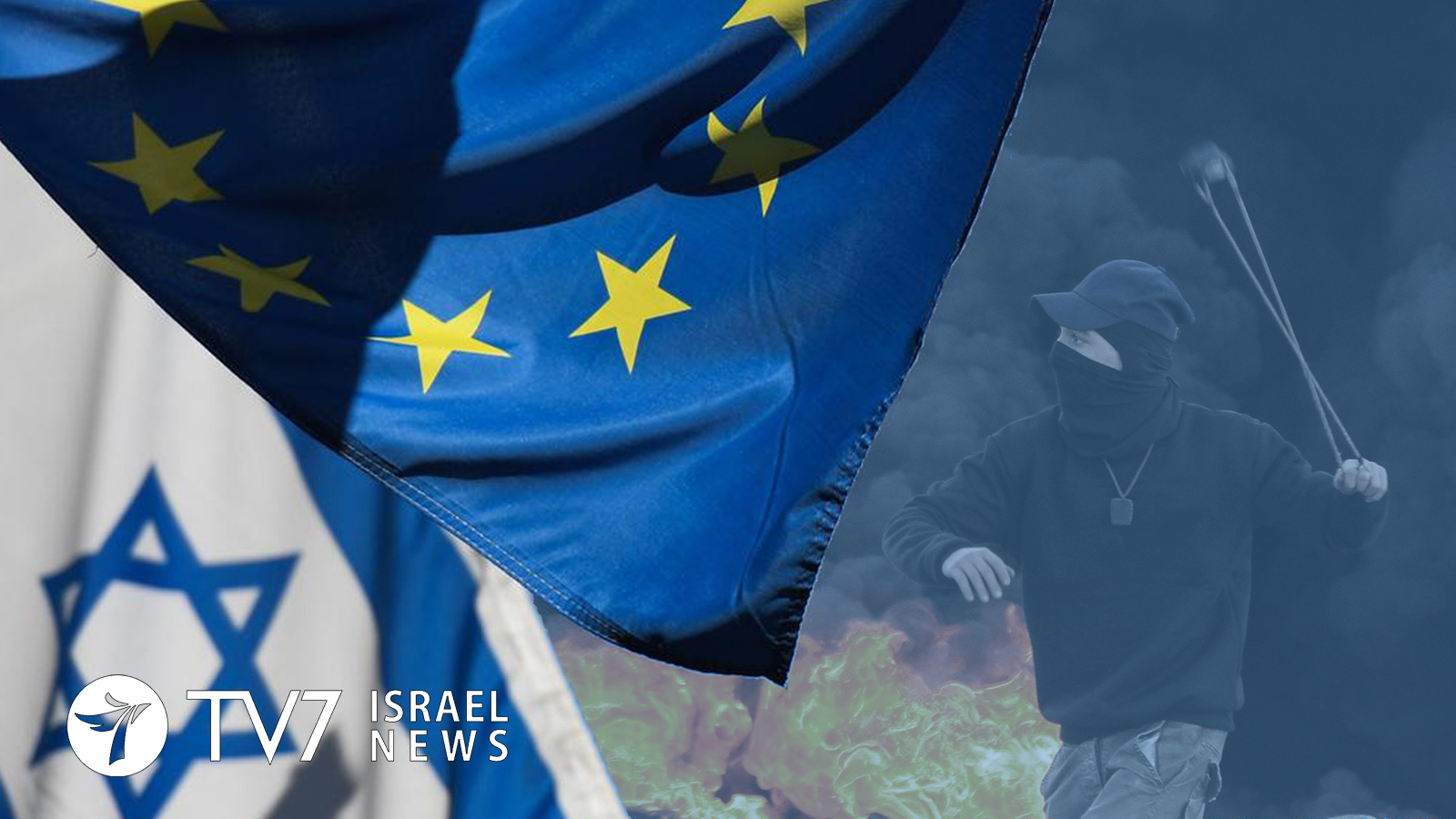The High Representative of the European Union Josep Borrell congratulated Israel’s new government, and said the EU is looking forward to continuing to work with its “key partner” in a constructive and comprehensive way on numerous areas of mutual interest.
In an official statement from his bureau, the top EU diplomat immediately went on to address the Israeli-Palestinian conflict; and highlighted the 27-member state bloc’s aspiration to support and facilitate the resumption of meaningful negotiations between the two parties.
It is should be noted that recent actions by the EU Foreign Policy Chief prompted Jerusalem to warn Brussels that that “the EU’s role in any process will be minimized.” This, following repeated attempts by Borrell to secure European condemnation of Israel’s proposed annexation of parts of the West Bank while also continuing to reject the US Mideast Peace Plan as inconsistent with international law.
EU officials told TV7 that Borrell has lobbied European governments against Washington’s proposal by apparently dubbing it as “a pro-Israeli initiative that actively discourages the Palestinians from negotiating a solution.”
These anti-Israel efforts have been repeatedly blocked by an increasing number of European member states, including Austria and Hungary. Borrell’s latest reported failure in this arena became apparent during a meeting of EU Foreign Ministers this past Friday, when he once again faced opposition when seemingly seeking to exploit European concerns by proposing concrete deterrent measures against Jerusalem.
“We must work to discourage any possible initiative towards annexation,” said the EU Foreign Policy Chief, urging that “This will require reaching out, by all of us, to Israel, US, Palestinians and Arab partners, using all channels that the EU and the Member States have. Our discussions on this complex topic will continue, we will not advance events.”
Further reiterated his conviction, Borrell said, “We are convinced that we need to work towards bringing a solution to the Palestinian issue and we reaffirm our position in support of a negotiated Two-State solution. For this to be possible, unilateral actions from either side should be avoided and, for sure, international law should be upheld.”
Despite his anti-Israel stance, Europe’s top diplomat seemingly continues to expect Jerusalem’s acceptance of the entity he represents as an impartial mediator. “The resolution of the Israeli-Palestinian conflict remains a priority and it is one of the strategic interests of the European Union,” said the High Representative, adding that “We continue being ready to participate on it.”
